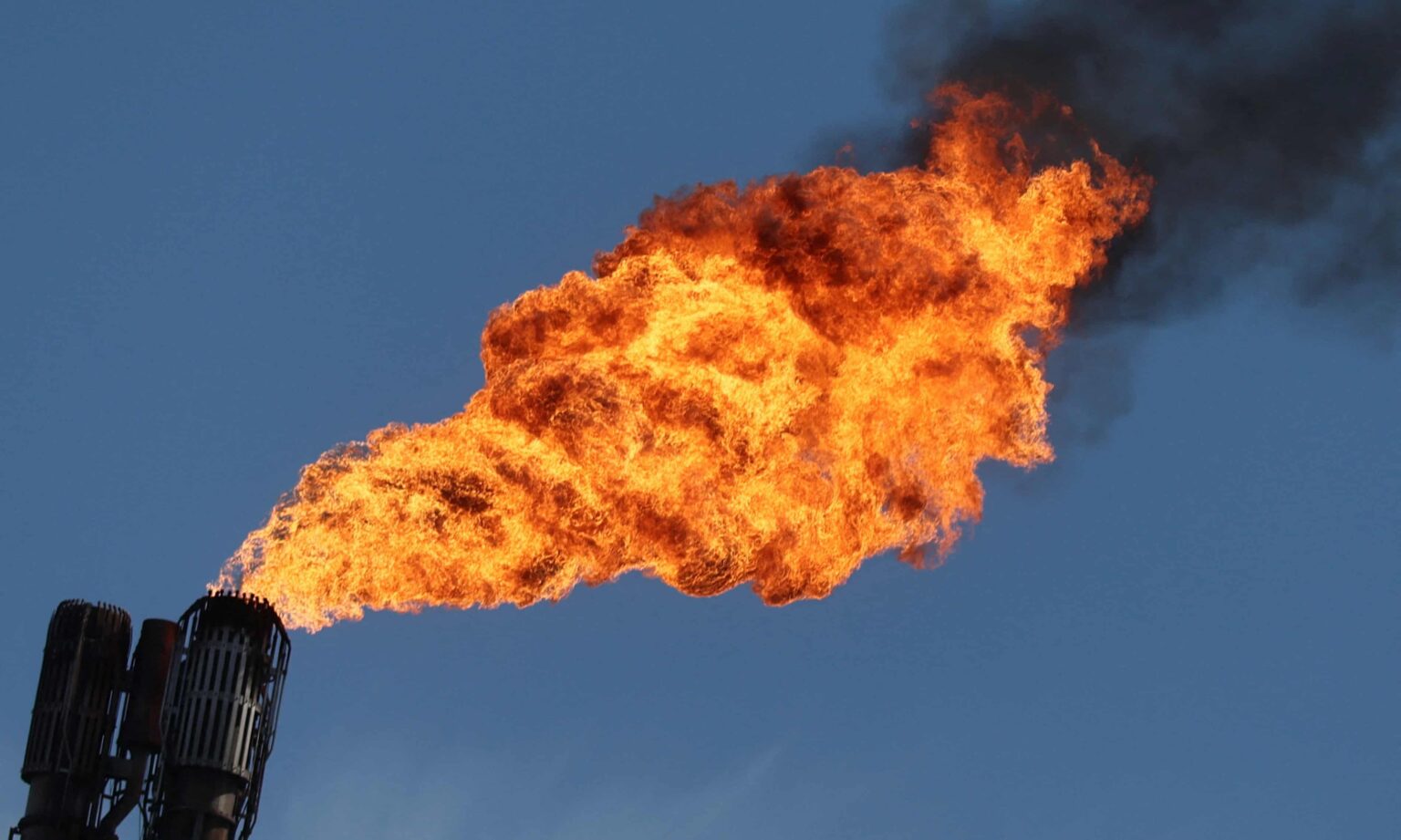The relentless pursuit of new oil and gas projects threatens to derail efforts to combat climate change and uphold the Paris climate goals.
The global surge in new oil and gas projects poses a formidable threat to the Paris climate goals, with fossil-fuel producers set to nearly quadruple output from newly approved ventures by the end of the decade. This alarming revelation, detailed in a recent report by the Global Energy Monitor, underscores the urgent need for decisive action to avert catastrophic climate change.
The International Energy Agency (IEA) has unequivocally stated that there can be no new oil and gas projects if the world is to avoid surpassing the critical threshold of 1.5°C of global heating. Breaching this limit, as outlined in the Paris climate agreement, would unleash a cascade of devastating consequences, including intensified heatwaves, floods, and droughts.
Despite these dire warnings, countries and major fossil fuel companies have forged ahead with a flurry of new oil and gas endeavors since the IEA’s declaration in 2021. At least 20 billion barrels of oil equivalent of new oil and gas reserves have been discovered for future extraction, with 20 oil and gas fields approved for development last year alone, paving the way for the removal of 8 billion barrels of oil equivalent.
Looking ahead, the fossil fuel industry aims to amplify its extraction efforts exponentially, with plans to sanction nearly four times the current amount – a staggering 31 billion barrels of oil equivalent across 64 additional new oil and gas projects by the decade’s end. The United States has emerged as a frontrunner in this expansion, spearheading new projects in 2022 and 2023, followed closely by countries in the Americas.
This relentless pursuit of new oil and gas projects not only undermines efforts to mitigate climate change but also jeopardizes the feasibility of limiting global warming to 1.5°C. Despite mounting scientific evidence and urgent calls for action, the industry’s steadfast commitment to fossil fuel extraction remains unchanged.
Moreover, major oil and gas companies have fallen short in their pledges to reduce planet-heating emissions, with some even downplaying the necessity of transitioning away from fossil fuels altogether. Such sentiments were echoed by the CEO of Saudi Aramco, the world’s largest oil company, who dismissed the notion of phasing out oil and gas as a “fantasy” at a recent industry conference.
The consequences of this unabated expansion are dire. Existing oil and gas infrastructure alone is poised to propel the world beyond the 1.5°C threshold, while the approval of additional projects will only exacerbate the situation. Despite warnings from experts and the scientific community, the industry continues to prioritize short-term profits over long-term sustainability.
As the scope of oil and gas exploration expands to encompass new frontiers, regions like South America and Africa are increasingly recognized as focal points for prospective projects. Even nations with minimal prior engagement in the sector, such as Cyprus, Guyana, Namibia, and Zimbabwe, are now attracting attention for oil and gas endeavors, thereby intensifying the challenges posed by the ongoing global climate crisis.
In light of these developments, it is imperative that policymakers, industry stakeholders, and civil society mobilize to confront the existential threat posed by unchecked fossil fuel expansion. The science is unequivocal: continued investment in new oil and gas projects is incompatible with a safe and sustainable future.
